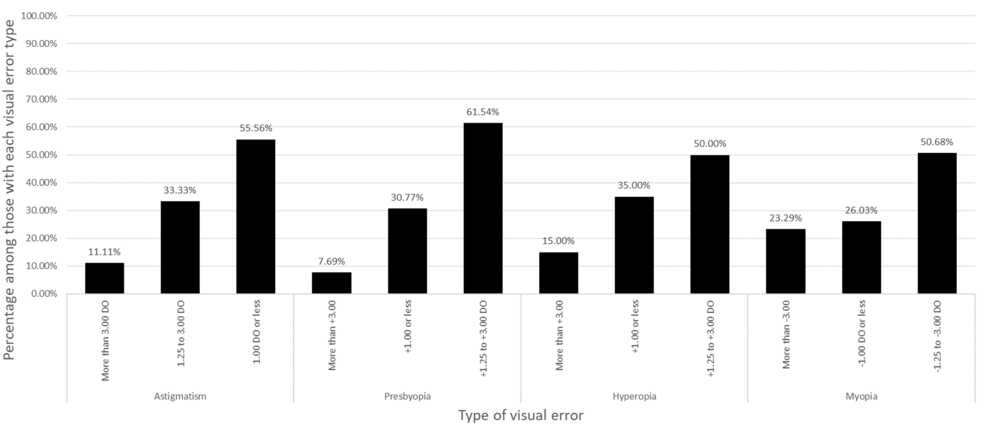Title: Navigating the Future of Healthcare: Innovations and Challenges in Modern Medicine
The healthcare sector is undergoing a significant transformation driven by technological advancements, policy reforms, and shifting consumer expectations. As nations strive to improve health outcomes and enhance the efficiency of healthcare delivery, it becomes imperative to investigate the current landscape of healthcare systems globally, with a specific focus on the Middle Eastern region.
In recent years, the Arabian Gulf states, including the UAE, Qatar, and Saudi Arabia, have made substantial investments in their healthcare infrastructure. By fostering a robust ecosystem for healthcare innovations, these countries are positioning themselves at the forefront of medical technology. For instance, Dubai’s ambition to become a global health hub is noteworthy, as the emirate encourages partnerships with international health organizations and invests in cutting-edge medical research facilities.
One of the most promising advancements in healthcare has been the integration of digital technology, which has proven essential in enhancing patient care and streamlining operations. Telemedicine, for example, has gained traction, particularly in the wake of the COVID-19 pandemic. Telehealth solutions have allowed healthcare providers to extend their reach to remote areas, ensuring that patients, regardless of their geographic location, have access to necessary medical services. This trend reflects a global shift towards more accessible healthcare models, presenting immense opportunities for startups and entrepreneurs in the health tech space.
Notably, the region’s health startups are making significant strides by leveraging artificial intelligence (AI) and data analytics to improve diagnostics and personalize treatment plans. Initiatives such as predictive analytics are helping healthcare providers anticipate patient needs, which results in proactive care rather than reactive measures. Such innovations not only enhance patient experiences but also contribute to reducing healthcare costs, a critical factor for many health systems facing budget constraints.
However, while the potential for growth and innovation in healthcare is considerable, challenges abound. One pressing concern is the need for regulatory frameworks that can keep pace with rapid technological changes. As healthcare becomes increasingly digital, issues surrounding patient data privacy, cybersecurity, and ethical AI practices have come to the forefront. Governments must collaborate with stakeholders, including tech companies and healthcare providers, to establish comprehensive policies that safeguard patient rights while fostering innovation.
Moreover, an essential component of successful healthcare delivery is the workforce. As the demand for healthcare services increases, it becomes vital to ensure that a well-trained, multidisciplinary healthcare workforce is in place. This entails reforming educational systems to incorporate not only medical knowledge but also technological literacy, ensuring that health professionals are equipped to navigate an increasingly digital landscape.
In efforts to bolster the capabilities of healthcare professionals, several regions are initiating collaborations with international universities. These partnerships are designed to enhance educational programs, integrate practical experiences, and encourage knowledge exchange. For instance, partnerships between Gulf universities and renowned institutions in Europe and North America are paving the way for innovative curricula that can prepare a new generation of healthcare leaders.
Additionally, public health awareness campaigns are critical in ensuring that populations are informed and engaged in their healthcare journeys. Governments and health organizations are increasingly recognizing the importance of preventive care education to promote healthy lifestyles and early detection of illnesses. Such efforts not only improve individual health but also alleviate the burden on healthcare systems, ultimately leading to more sustainable outcomes.
Another crucial aspect worth noting is the increased focus on mental health awareness across the region. Stigmas that once surrounded mental health issues are gradually being dismantled, allowing individuals to seek help without fear of judgment. This cultural shift is essential in shaping policies that prioritize mental well-being as a fundamental component of overall health.
In conclusion, the future of healthcare is not merely a challenge but an opportunity for innovation, collaboration, and growth. The Middle East, particularly with its strategic investments in healthcare infrastructure and technology, stands poised to lead this transformation. By addressing regulatory challenges, investing in workforce development, and promoting preventive care, the region can create a sustainable model of healthcare that benefits not only individual patients but society as a whole. As we navigate these changes, understanding the interplay between technology, policy, and personal health will be crucial in shaping the landscape of modern medicine.
Tags: #HealthNews, #StartupsEntrepreneurship, #UAE, #Qatar, #Saudi

